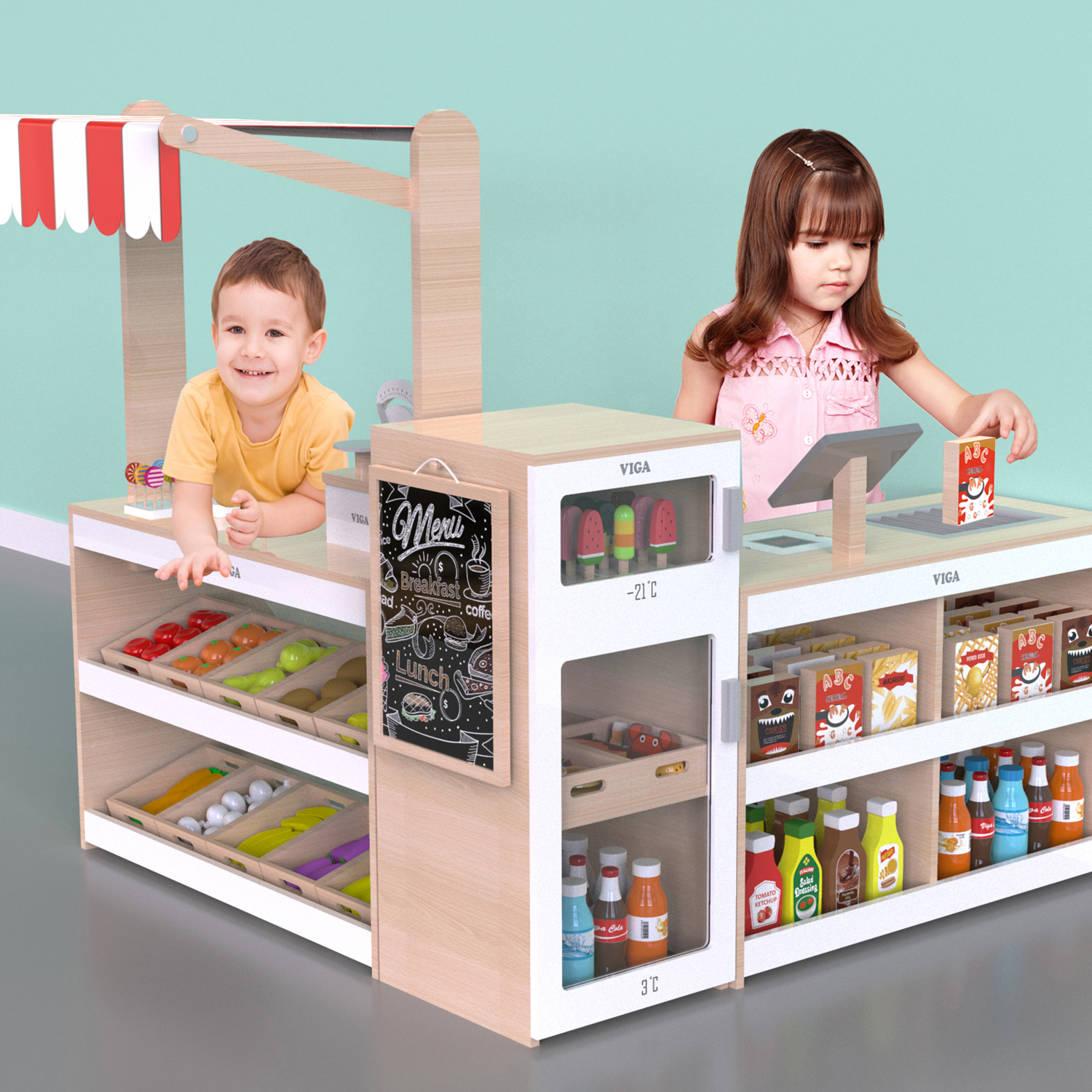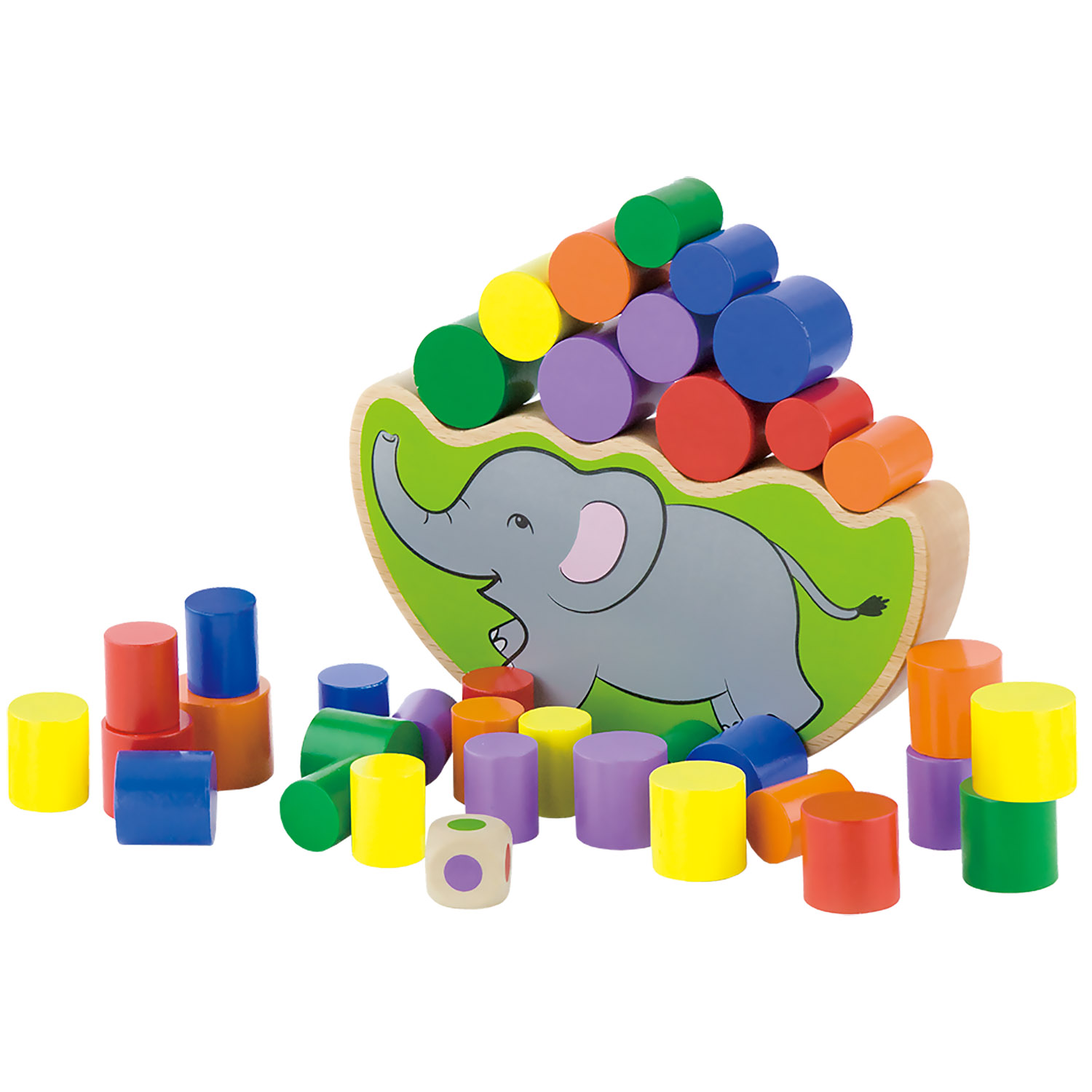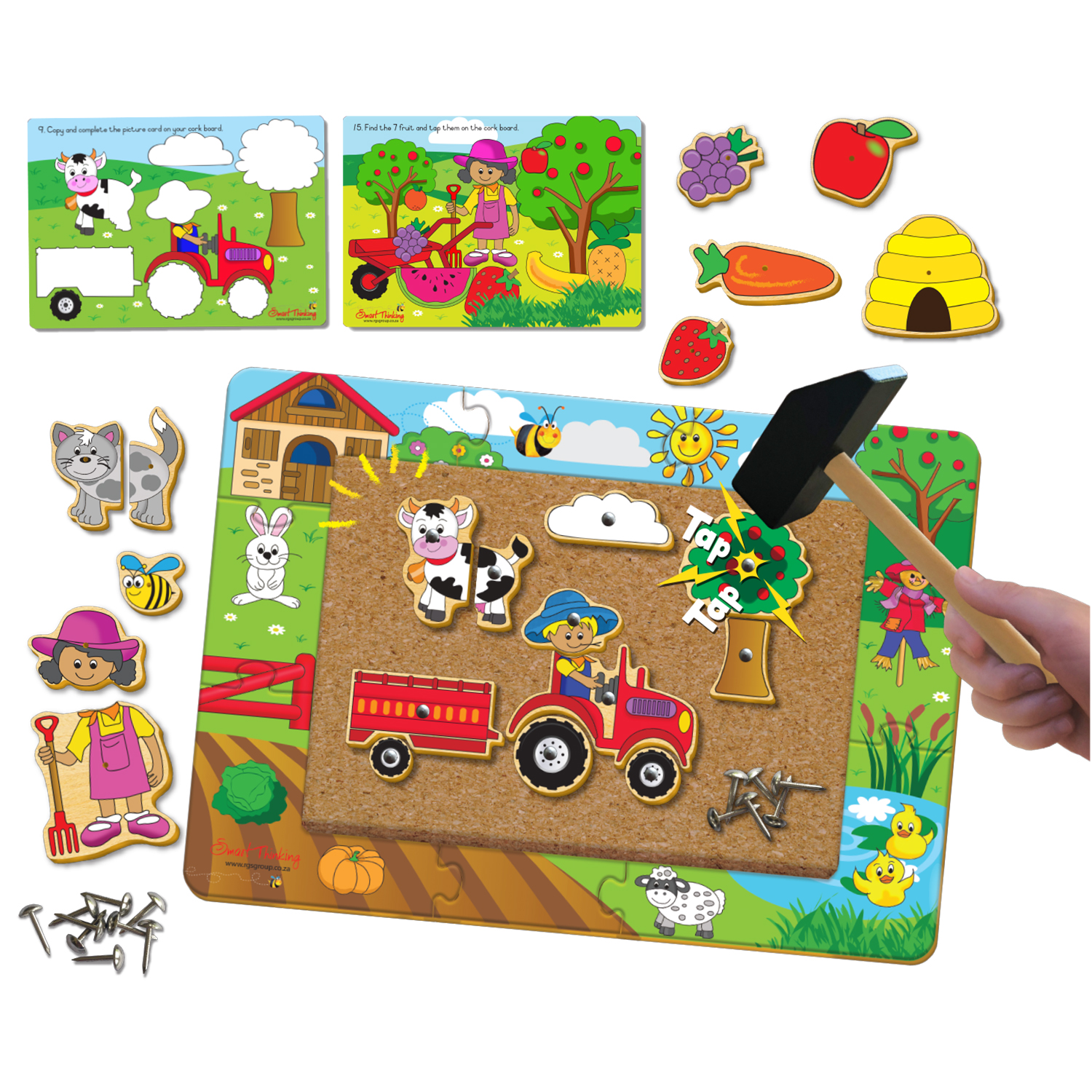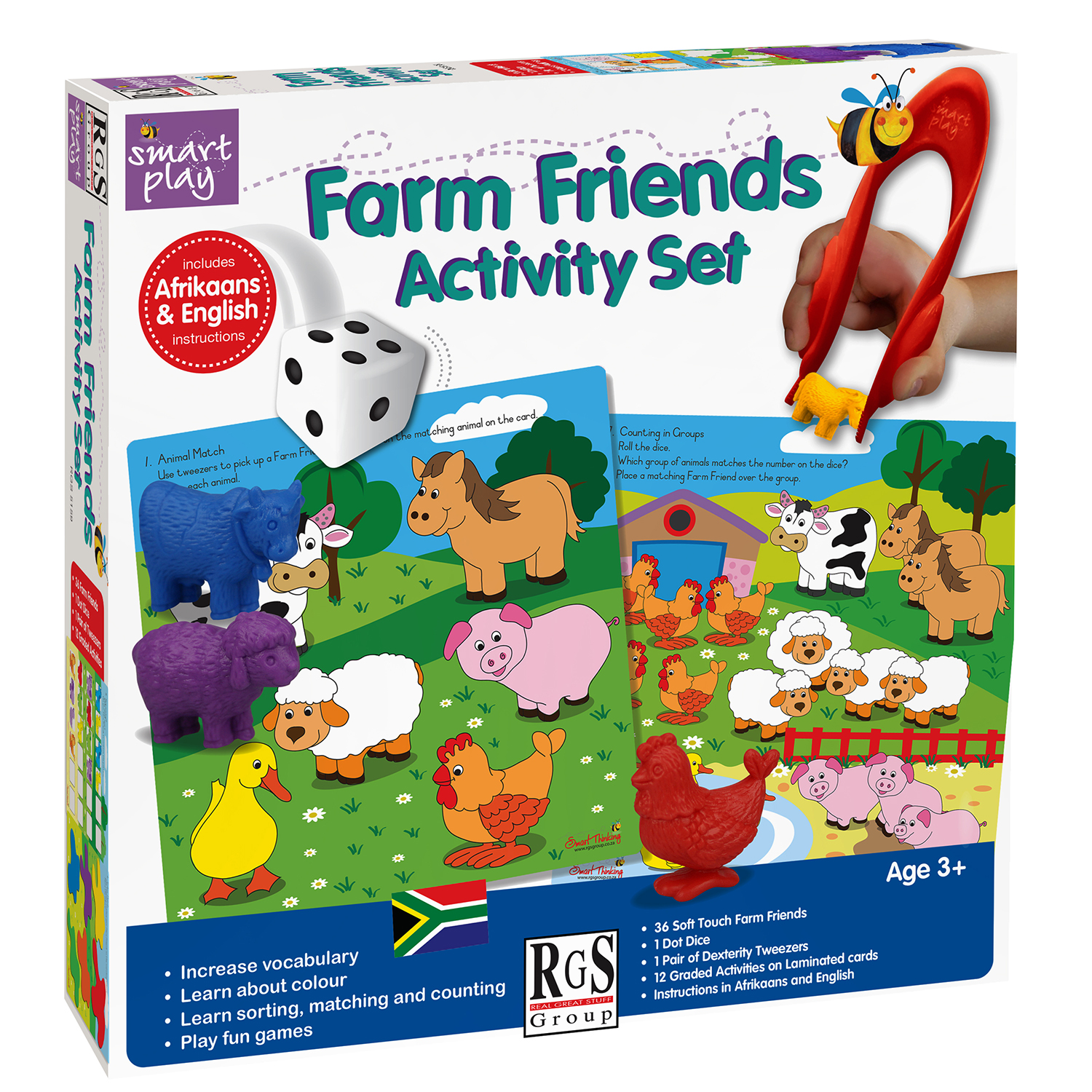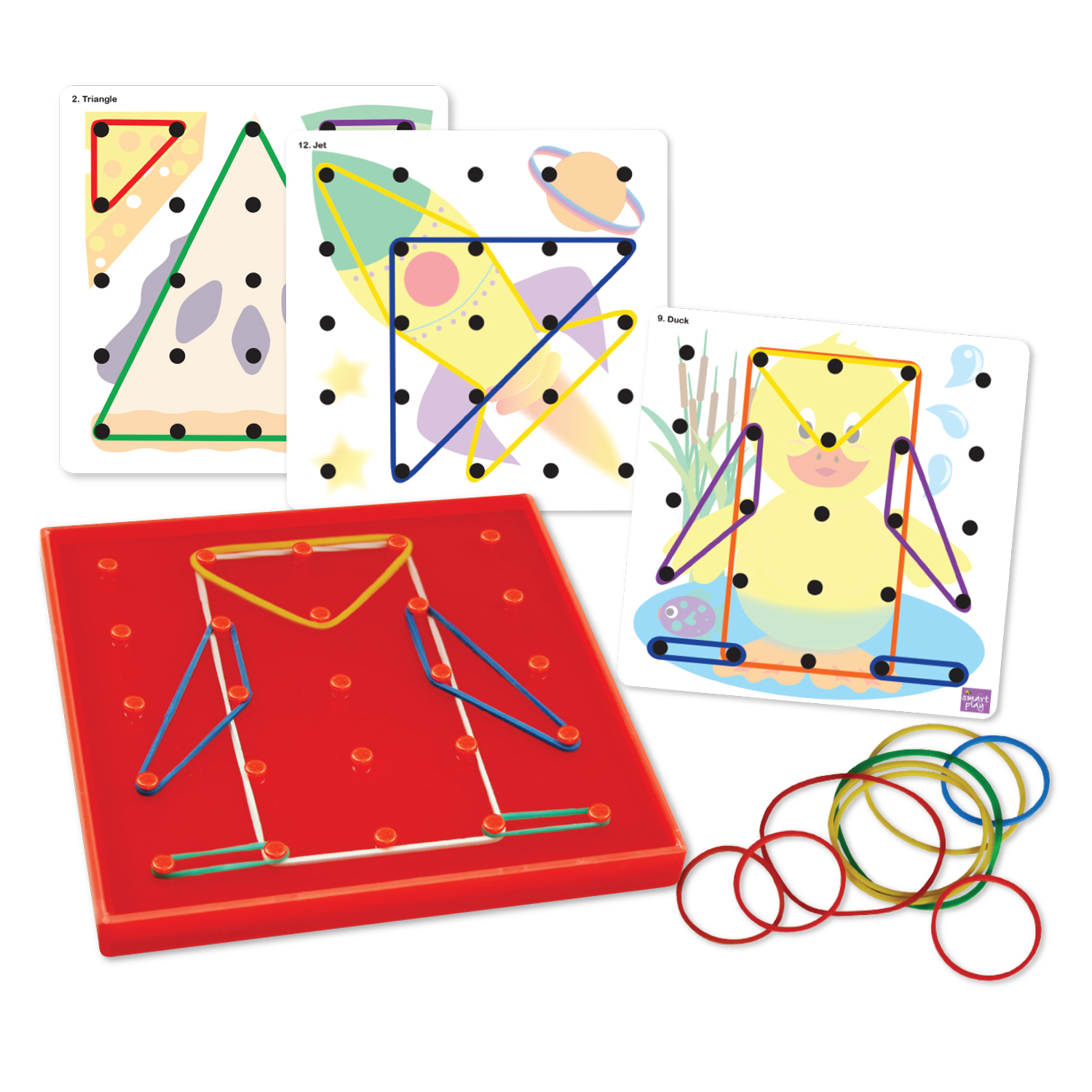What is school readiness?
School readiness refers to whether a child is ready to make an easy and successful transition into ‘big’ school.
School readiness can be actively facilitated with a little pre-planning. Ensure that children regularly participate in activities that develop the appropriate skills required to help optimal learning when they start school.
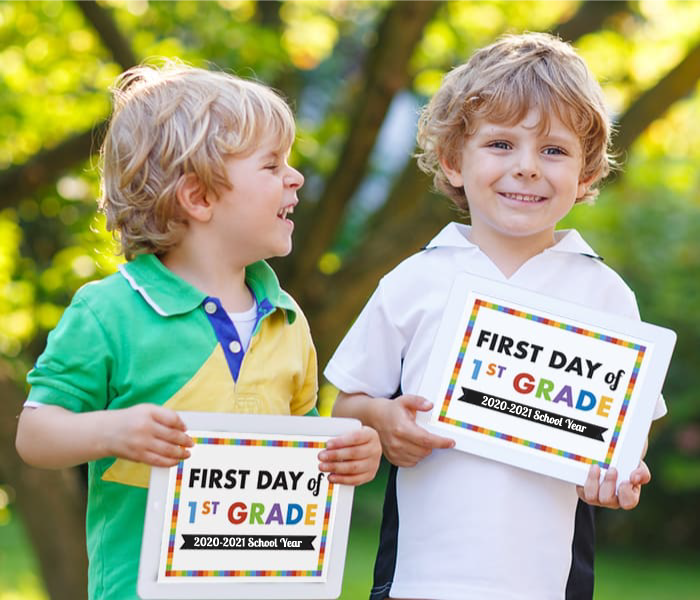
While many people think of academics (e.g. writing their name, counting to 10, knowing the colours) as the important school readiness skills, school readiness refers to a much broader range of skills. In addition to some academic basics, school readiness skills also include self-care (independent toileting and opening lunch boxes), attention and concentration, physical skills (e.g. having the endurance to sit upright for an entire school day), emotional regulation, language skills and play and social skills.
Why are school readiness skills important?
The development of school readiness skills allows school teachers to expand and further develop a child’s skills in the specific areas of social interaction, play, language, emotional development, physical skills, literacy and fine motor skills. Without these basic skills already established upon school entry, children can very quickly find themselves playing ‘catch up’ compared to their peers that are advancing more quickly. Students that begin school with the buildings blocks (or foundation skills) in place advance quickly as opposed to those that start school only to then begin the slow process of developing school readiness.
What are the building blocks necessary to develop school readiness?
Self Regulation: The ability to obtain, maintain and change emotion, behaviour, attention and activity level appropriate for a task or situation.
Sensory processing: Accurate processing of sensory stimulation in the environment as well as in one’s own body that influences attention and learning that affects how you sit, hold a pencil and listen to the teacher.
Receptive language (understanding): Comprehension of spoken language (e.g. the teacher’s instructions).
Expressive language (using language): Producing speech or language that can be understood by others (e.g. talking to friends).
Articulation: The ability to clearly pronounce individual sounds in words.
Executive functioning: Higher-order reasoning and thinking skills (e.g.What do I need to pack to take to school?).
Emotional development/regulation: The ability to perceive emotion, integrate emotion to facilitate thought, understand emotions and regulate emotions (for a child’s own responses to challenges).
Social skills: Determined by the ability to engage in reciprocal interaction with others (either verbally or non-verbally), to compromise with others and to be able to recognise and follow social norms.
Planning and sequencing: The sequential multi-step task/activity performance to achieve a well-defined result (e.g. a cut and paste task or a simple maths worksheet).
What can be done to improve school readiness skills?
In the year leading up to starting ‘big’ school, the following activities can be helpful:
Parenting expectations: Increase expectations of the child around self-care tasks such as dressing, toileting, eating, and getting ready to leave the house. Provide only verbal rather than physical ‘help’ to complete the tasks where possible.
Social skills: Encourage the child to develop relationships with other (unfamiliar) children of a similar age, and arrange suitable ‘play dates’ for social interaction practice where the adults actively facilitate this play practice. Children should play group games to encourage interaction.
Books: Expose the child to books to prepare them for literacy so they learn to sit through the entirety of a book.
Early preparation: Start preparing the child for school at the age of 4 by talking about expectations at school, appropriate behaviour, and regularly engaging in ‘sit down’ activities.
Collaboration: Work with the child’s preschool teacher to identify any signs of deficit or slow development so that these areas can be targeted before the child starts school.
Visual strategies: Use visuals (such as picture schedules) to help the child understand the routine of their day both at home and at preschool (kindergarten). You could even make visuals for school in advance (note: many commercial books serve as a rough visual schedule as a starting point). Transition visits are a good time to ask the teacher what the rough schedule is likely to be, and ideally to take some relevant photos at the same time.
Outings: Prepare the child for school excursions by going to places such as the library, the zoo, the shopping centre and help the child to understand appropriate behaviour in these environments. Visits to the school play ground, toilet block and classroom door on the weekends or during school holidays before school start may also be helpful to familiarize the child with the new setting.
Fine motor skill development: This is an area that will be a large part of the activities undertaken at school, so developing these skills will enable the child to participate in activities much more easily and willingly. This really means practice cutting, colouring, drawing, and writing their name.




